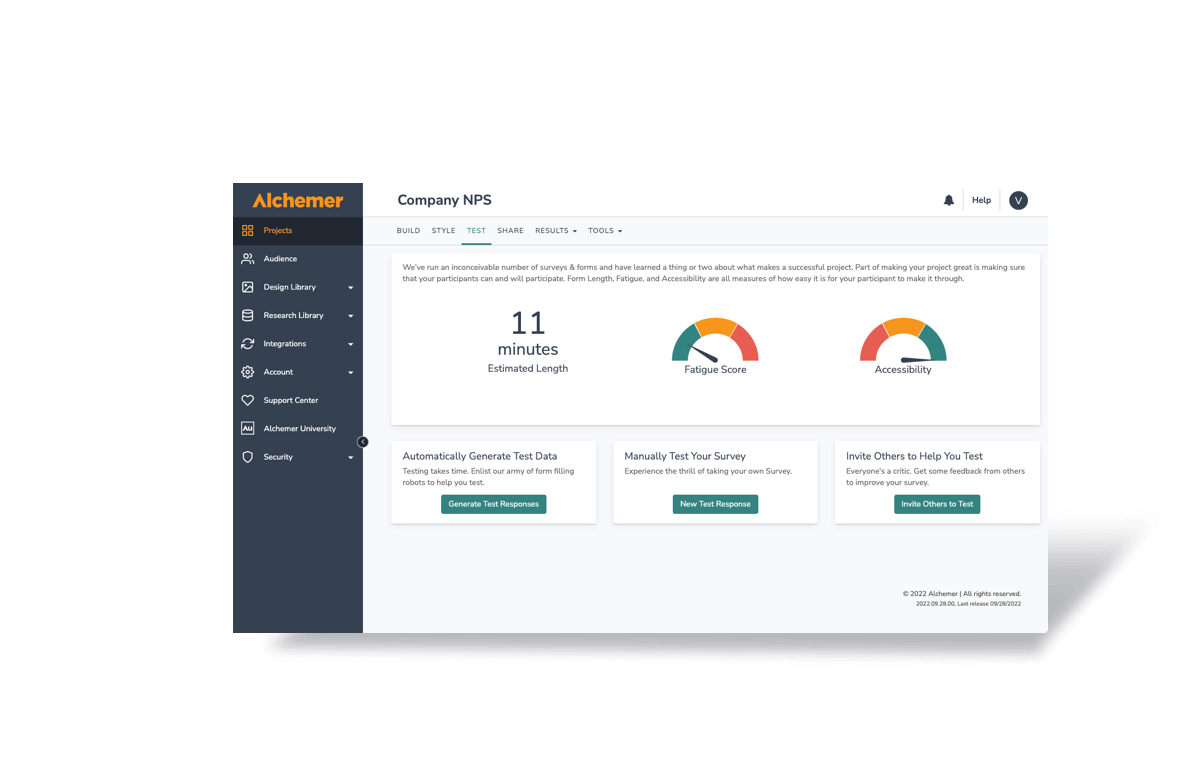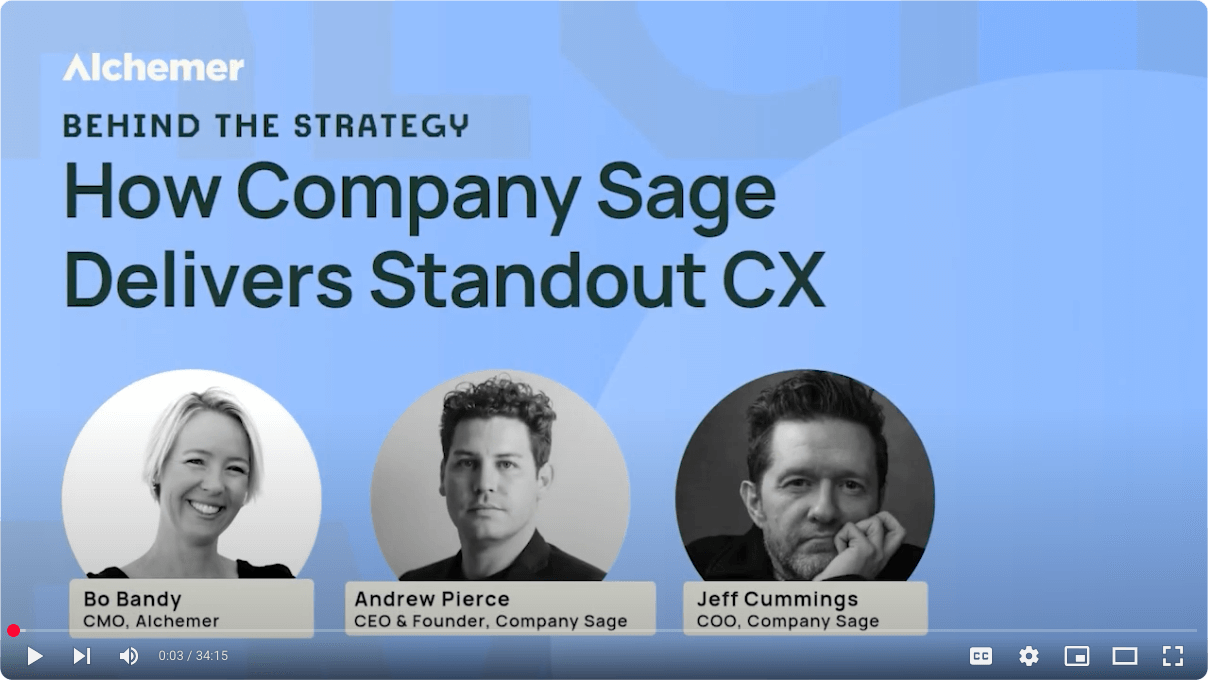Many companies in the B2B sector think that brand awareness is something that only B2C operations need to worry about. If you are one of those people you may want to think again.
According to John Quelch, a Harvard Business School Marketing Professor, there are three major reasons why he feels that B2Bs must invest in a Brand Awareness Program, if they want to stay relevant and excel in today’s ever more crowded marketplace.
- Many B2B marketers cannot economically address the thousands of small businesses that make up their potential customer base using their traditional direct sales force alone.
- If not corporately driven, individual managers will each do their own marketing with their own individual vision of the company values.
- B2B marketers are realizing that by developing brand awareness among their customers, they can capture a larger share of channel margins and build customer loyalty that will protect them against lower-priced competitors.
If your company’s brand isn’t defined and its image isn’t driven from the top down with an organized program of promotions, then you run the risk of your vision and mission becoming distorted over time or even worse – your clients having a mixed perception of who you really are.
This makes it very difficult to create the kind of brand recognition and, more importantly, brand recall that can keep your business thriving.
Let’s explore these two important aspects of brand awareness and how your B2B brand can break the mold (and cash in).
Brand Recognition Versus Brand Recall
There many different types of brand awareness that you will want to monitor, and we will discuss each of them at least briefly. The two most common forms of brand awareness that a company will want to develop, and subsequently keep track of, are brand recognition and brand recall.
Brand Recognition for B2B Brands
Brand recognition, as the name implies, is when people can identify who you are and what you do just by hearing your name or see your logo. One of the best examples of brand recognition in the B2B arena is the “Big Blue” – IBM. You hear that name or see those three big letters, you automatically think business electronics.
In truth IBM has literally hundreds of divisions, working on all kinds of products and projects all over the globe, but they have worked very hard to develop their brand recognition in this one field.
Brand Recall
As a general rule, your company will have to establish its brand recognition before it can step up to the next level and achieve the holy grail of brand recall. Brand recall is when people automatically think of your company when a subject comes up.
Say the words “aluminum products,” and the majority of people will automatically think Reynolds. Say the words “business software” and people will think Microsoft. It is automatic.
The simple fact that companies that have been as hugely successful as those mentioned above have taken the time and invested the effort and money, to not only achieve these two goals but continue to work every day, to monitor and maintain them should give you a clue as to their importance.
Other Types of Brand Awareness
While the two goals discussed above are considered the pillars of brand awareness, they are by no means the only parameters to keep a close watch on. Here are four additional types of brand health you might want to monitor, in your brand awareness program.
- Brand Image: How your customers view you.
- Brand Trust: How much trust do your customers have in your products, services, and company as a whole.
- Brand Loyalty: Are your customers coming back to you and more importantly, are they telling their friends about you.
- Customer Profile: Who are your customers? You might be hitting the wrong target or at least one you didn’t expect and need to make some adjustments.
Developing Brand Awareness
There are more ways to develop your brand awareness than are cows in Texas and which methods will work best for your particular business in highly dependent on both your product and your target market.
That being said, the one consistently growing trend that seems to cross over all B2B barriers is content marketing. It is no secret or even great news flash that the majority of businesses, research prospective business partners online.
Utilizing content as a way to develop your web presence not only adds authority to your voice but offers you the opportunity to speak directly with your client base and receive feedback from them. That is a great way to develop both brand recognition and brand recall while creating a relationship and delivering your message your way.
Start with a Brand Study
As the old saying goes, “you can’t get where you are going if you don’t know where you’re at.” So, one of the best ways to start your Brand Awareness Program is with brand studies that answer the questions discussed above.
In today’s world, just about everyone from top executives to warehouse foreman have web integrated jobs that require spending a great deal of time either on their smartphones or in front of a computer. This makes online surveys a very convenient way to ask them a few questions and find out where your business really stands in their minds.
While they are not perfect and can make some parts of the business sector harder to reach, the benefits they bring over traditional polling methods:
- Lower Cost
- Instant Results
- Higher Participation Due to Convenience
- Speed into the Field
- Anonymity for Respondents
More than out way the few limitations involved with them.
The two questions most often asked, when a company is looking for someone to provide them with a product or service, are them asking friends in similar fields “Who do you use?” and “Do you know anybody who ______?” To stay at the top of the list, when these questions get asked, takes a keen sense of whom you are and then projecting that image to your target audience.
The message must be clear, the right message and perhaps most importantly, it must be managed like any other asset; with due diligence and constant attention.




